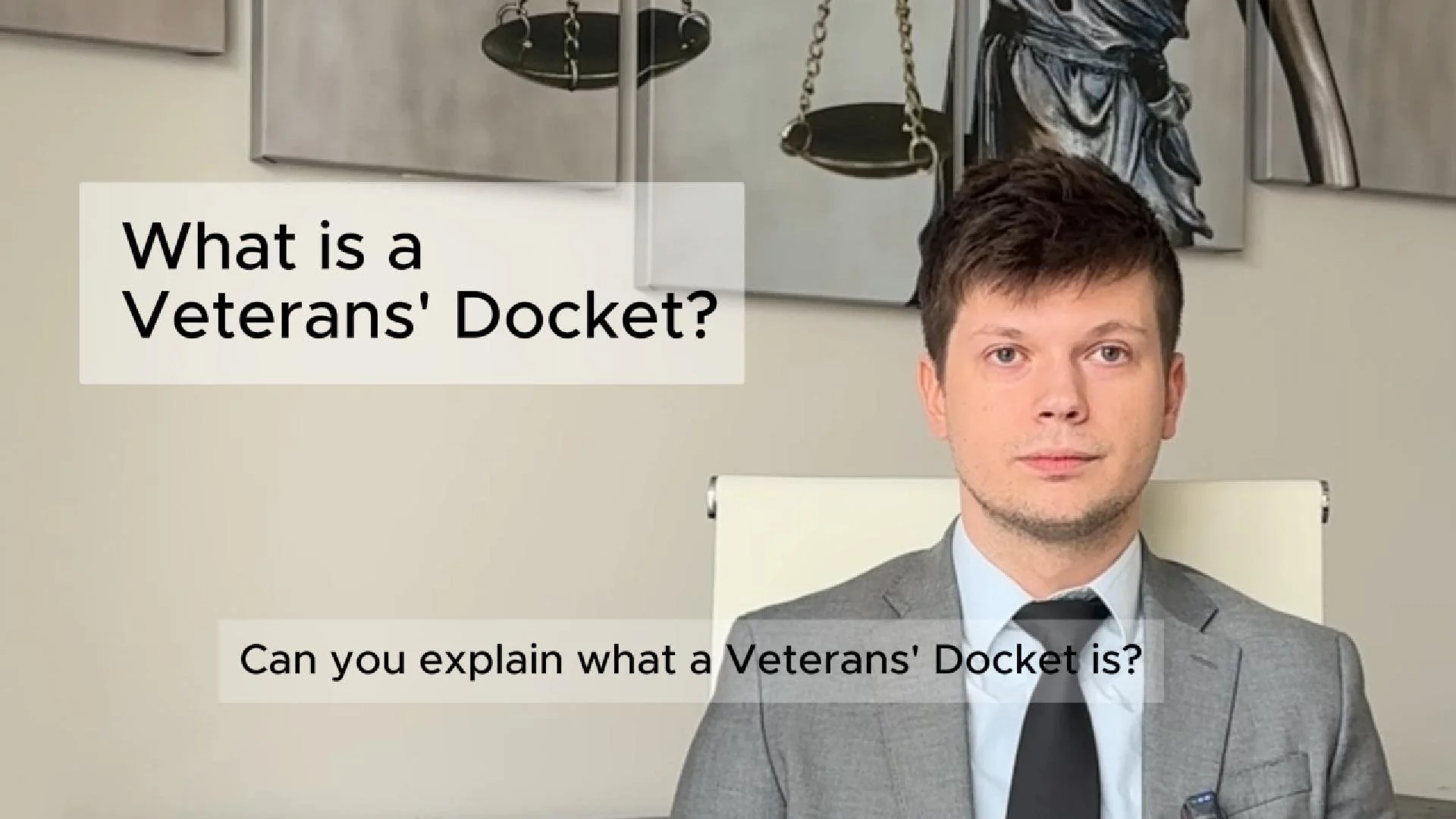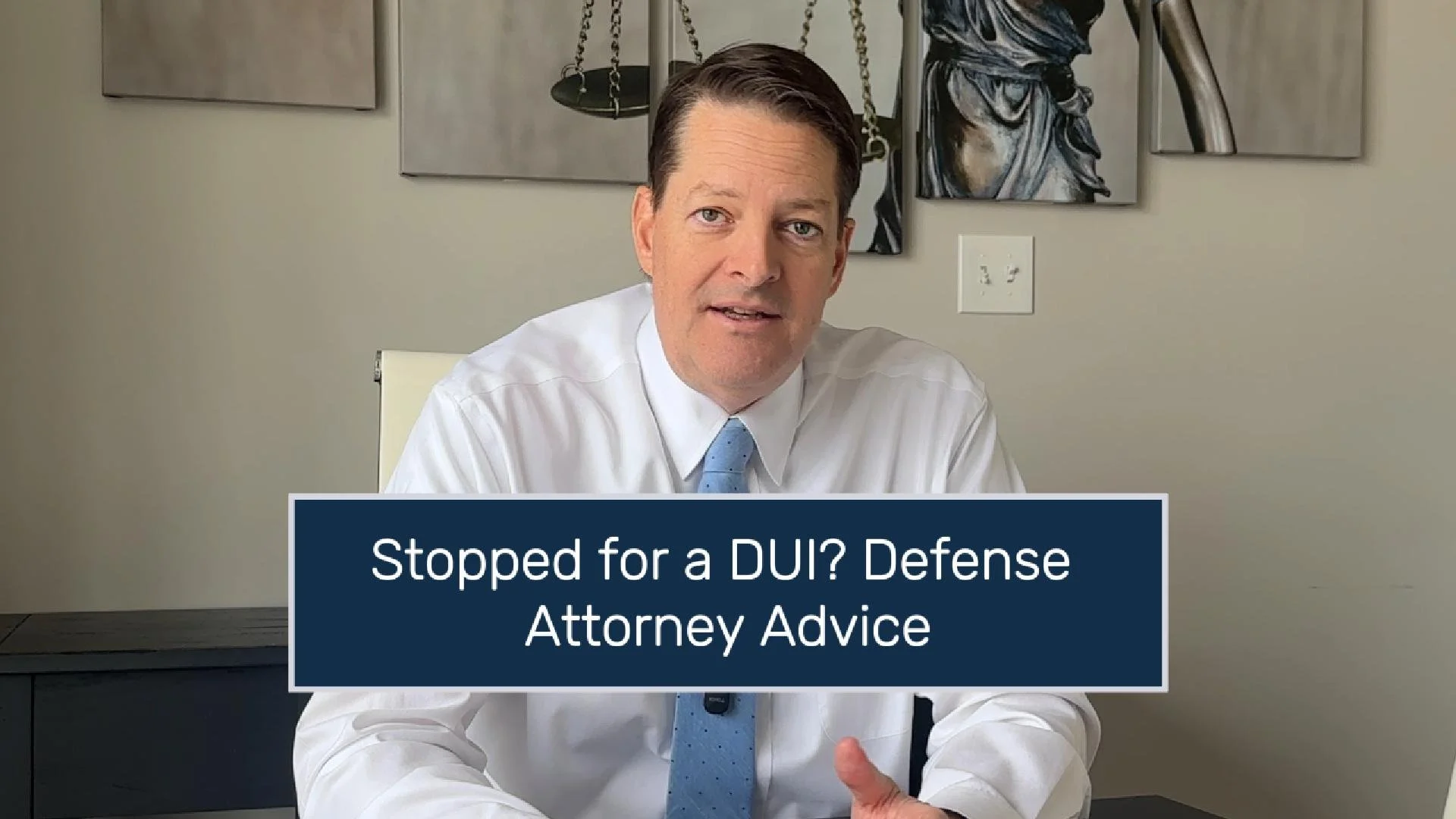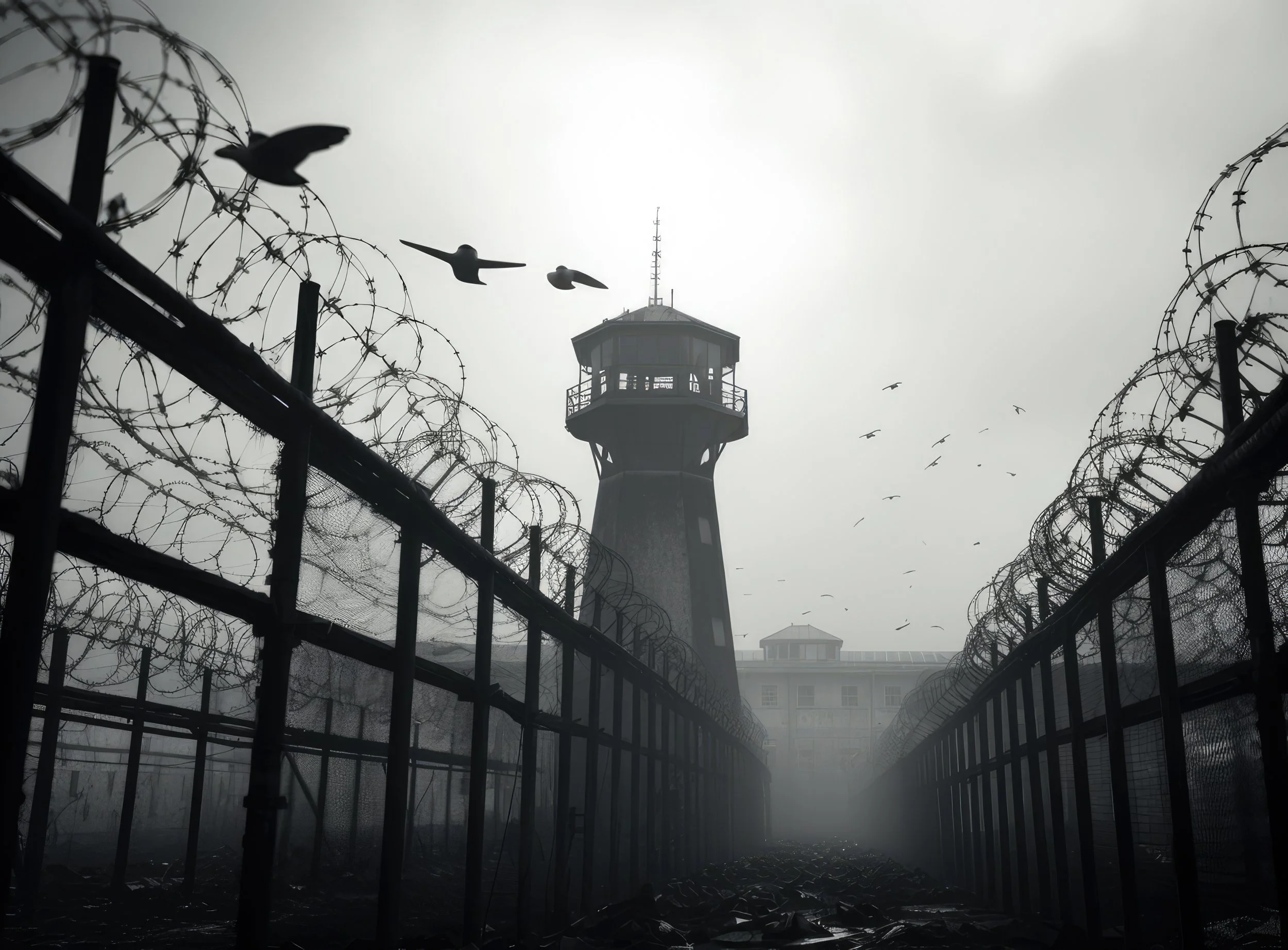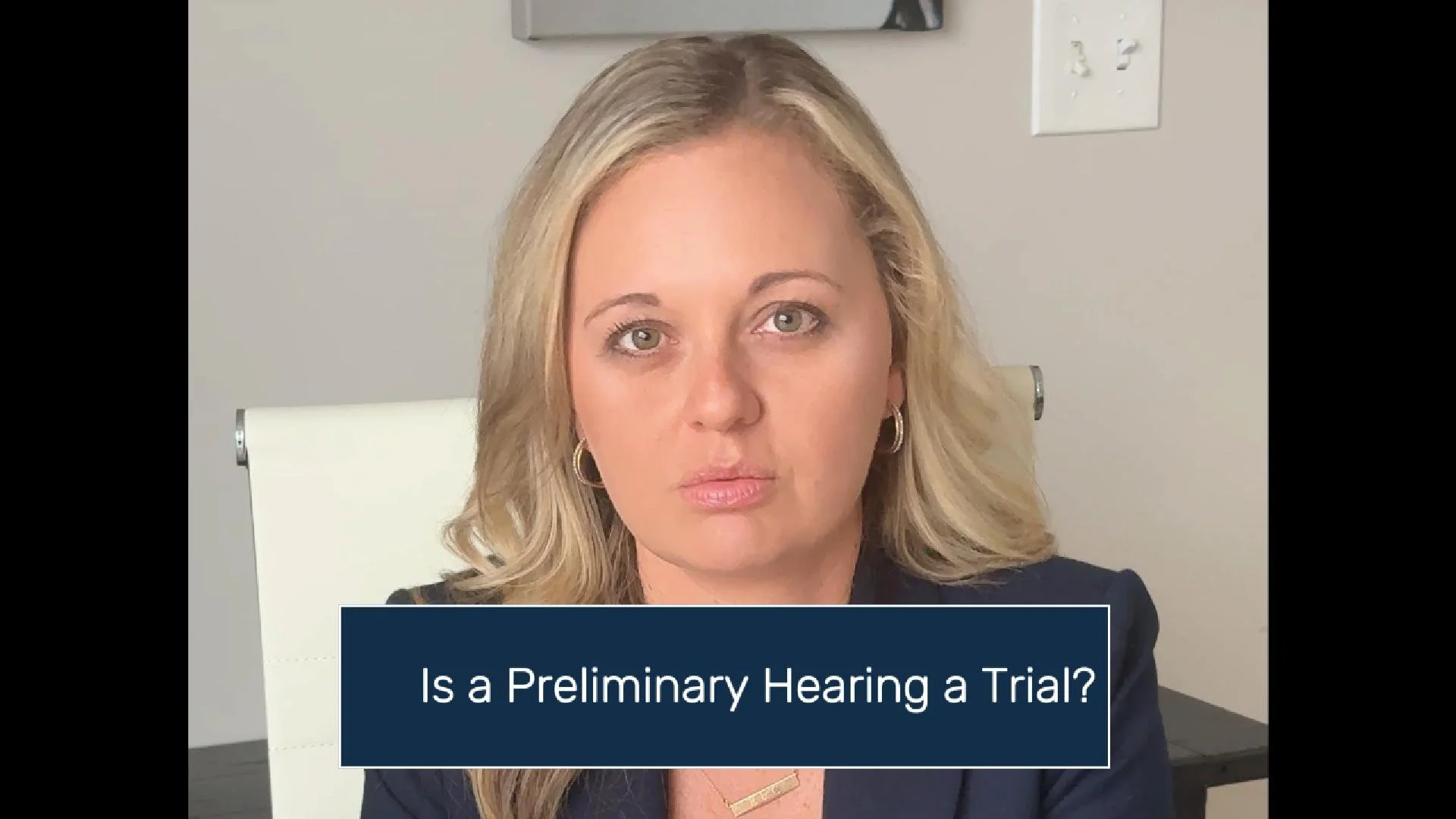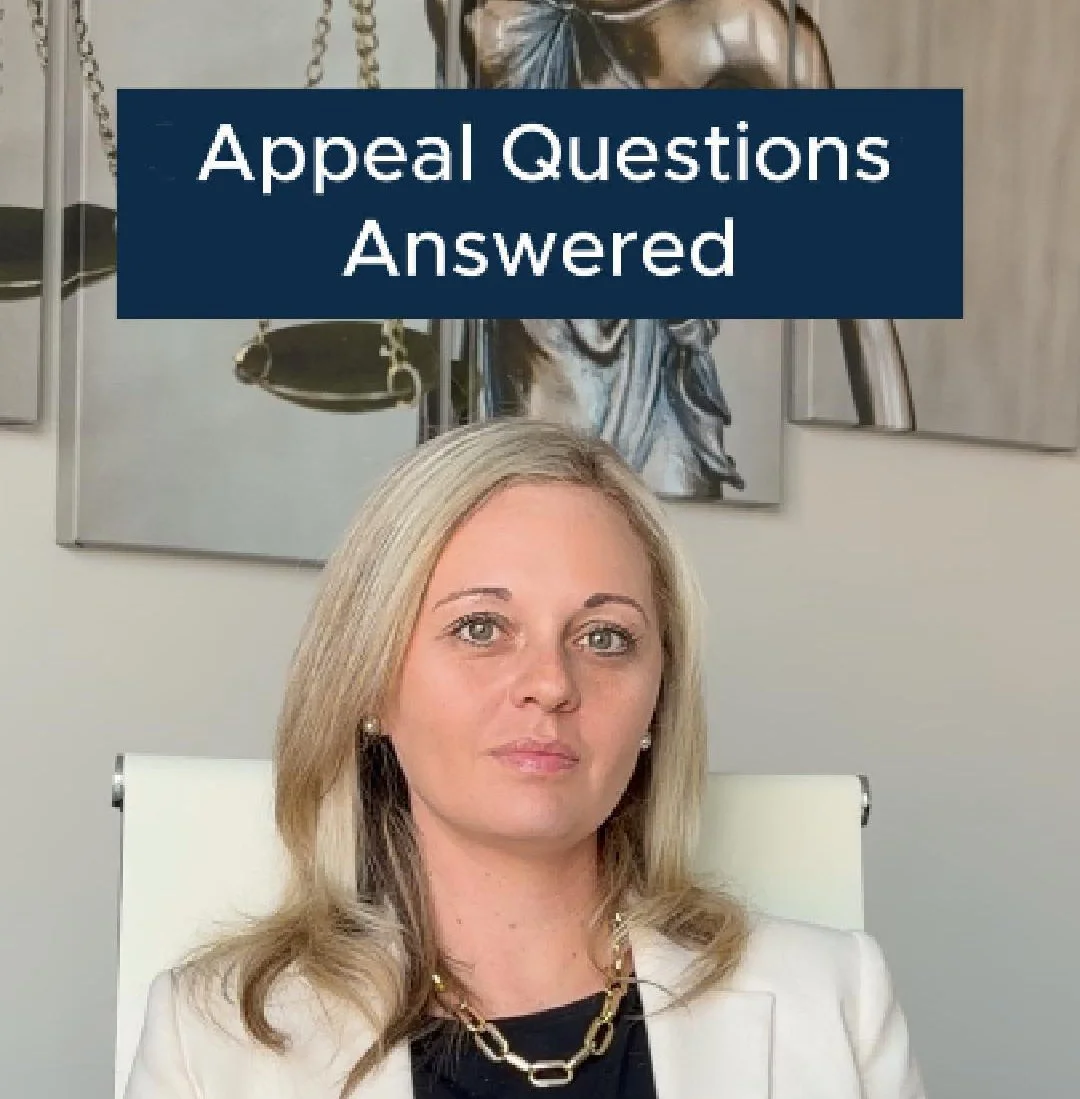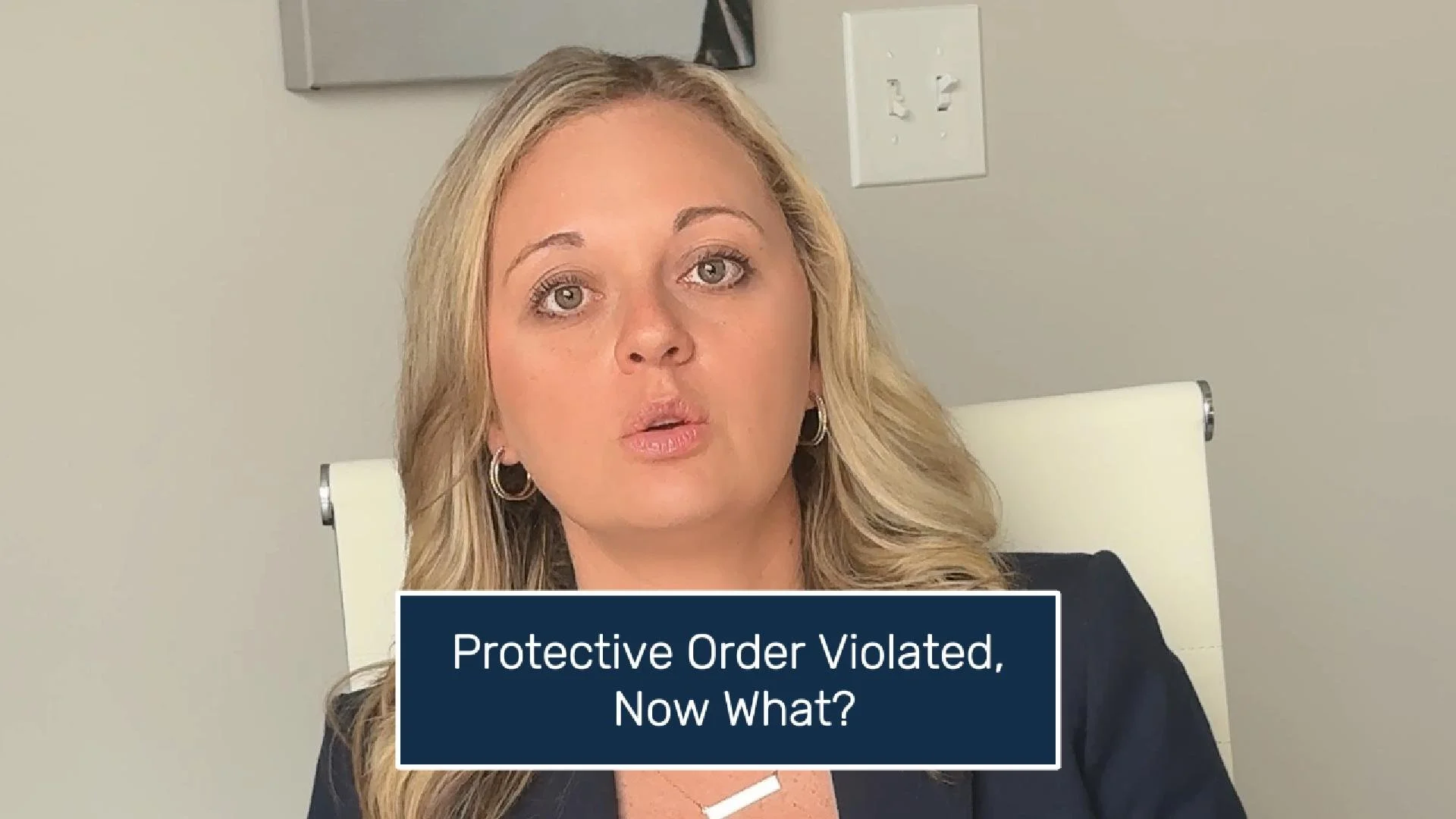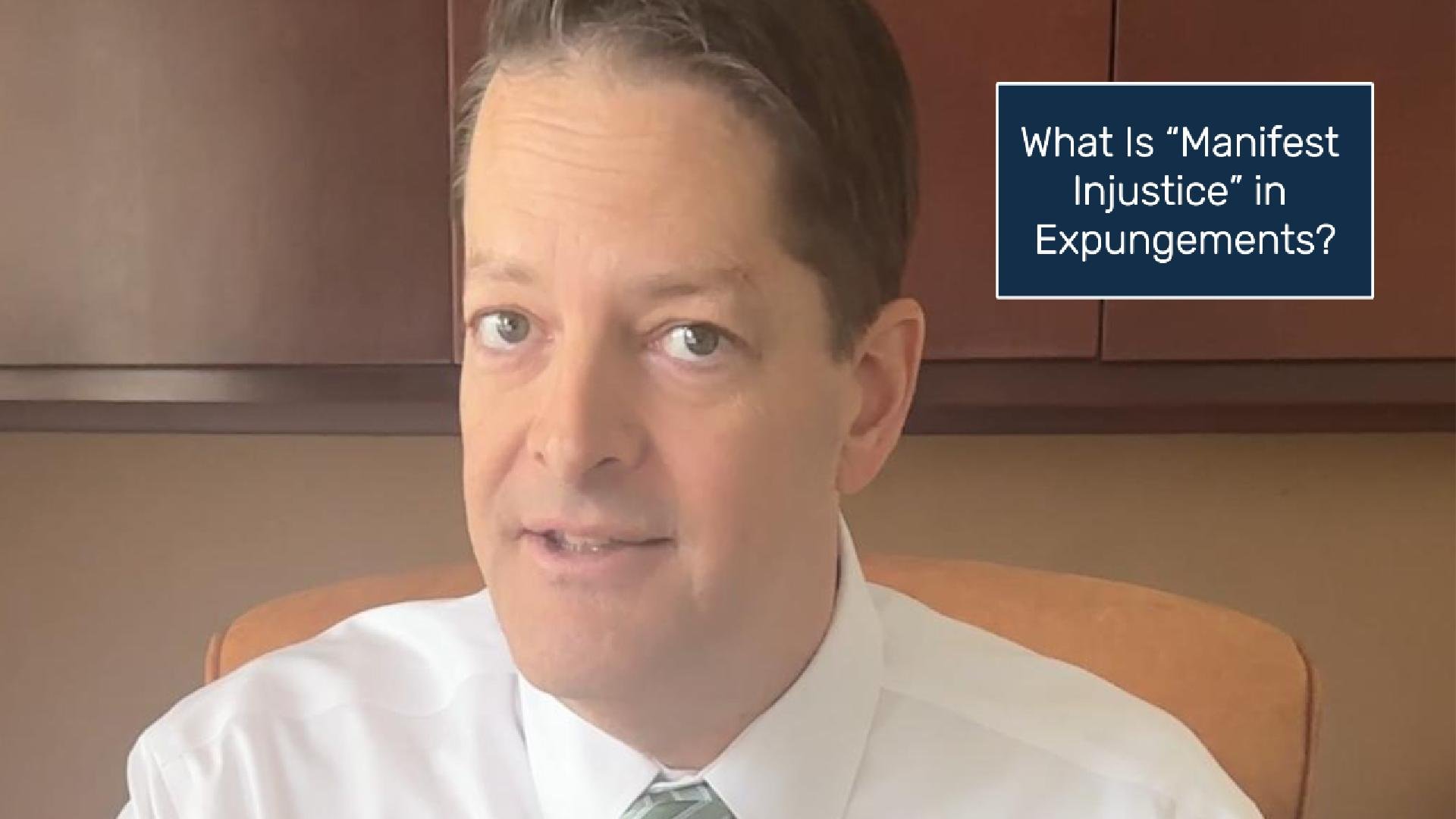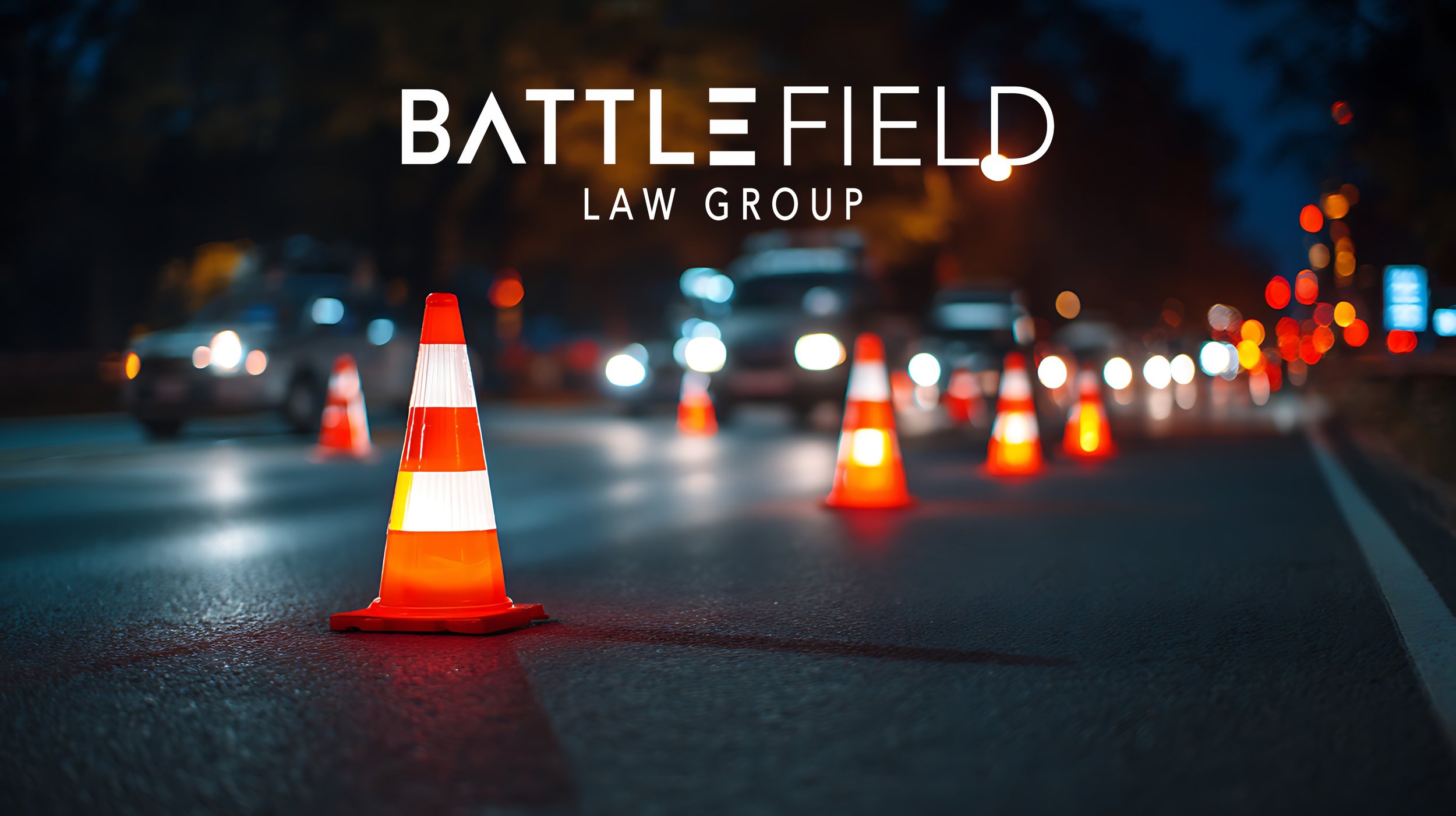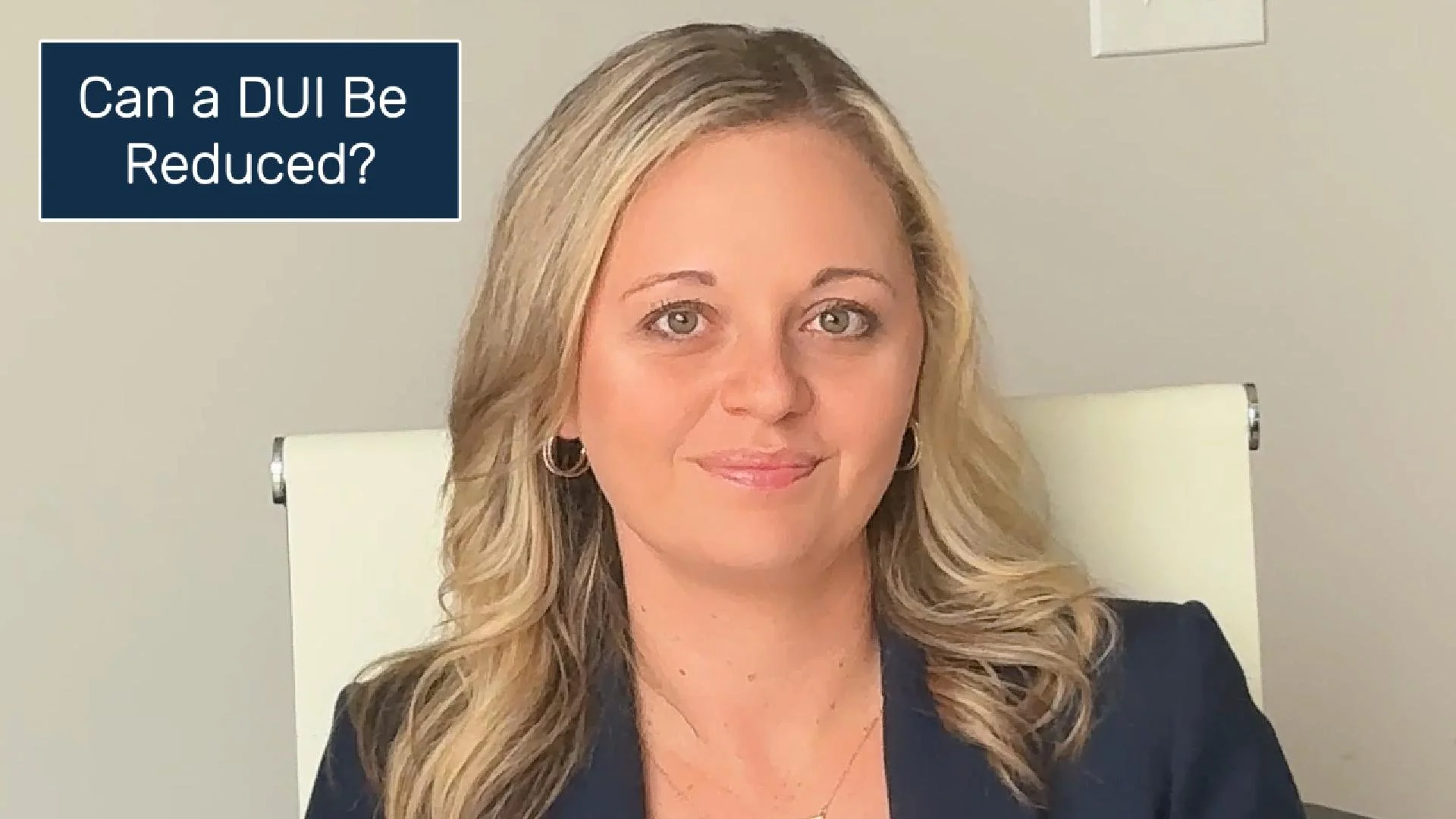
BLOG
Prince William County Veterans Facing a DUI: How the Veterans Treatment Docket Works
Veterans facing DUI charges in Prince William County may qualify for the Veterans Treatment Docket, a court program focused on treatment and accountability that can lead to reduced charges or even dismissal. Learn how the process works, who qualifies, and what to expect.
Misleading and Trick Questions Police Ask During a DUI Stop in Virginia
Many DUI cases are built on what drivers say before any testing ever occurs. Discover how police questioning works during a DUI stop and how Battlefield Law Group challenges these interactions in court.
Alternative Sentencing for Multiple DUI Offenses in Prince William County, Virginia
If you are facing a second or third DUI in Virginia, you deserve more than a routine defense. Battlefield Law Group’s attorneys bring a strategic, detail-driven approach to DUI cases, digging into the science, the law, and the facts to pursue outcomes that protect both your rights and your future.
Compassionate Release in Virginia: What is it and how has it changed in the Last 10 Years
Compassionate release has evolved under federal law. Learn how it applies in Virginia, what has changed, and what families should know when exploring early release options.
Is a Preliminary Hearing a Trial in Fairfax County, Virginia?
Is a preliminary hearing a trial? In Fairfax County felony and felony DUI cases, a preliminary hearing serves a limited but important role in determining whether a case moves forward.
Should I Pay My Traffic Ticket Online in Prince William County?
Should you pay your traffic ticket online in Prince William County? In this blog, Battlefield Law Group defense attorney Tyler Andrehsen explains what paying a ticket online really means under Virginia law, the pros and cons to consider, and when speaking with an attorney may help protect your driving record, insurance, and future.
Appealing a Lower Court Case in Prince William County, Virginia
Appealing a case from lower court moves fast. In Prince William County, you generally have 10 calendar days to file an appeal. This post breaks down criminal and traffic appeals, de novo trials, and what to know before that deadline runs out. Contact Us as soon as possible if you are considering filing an appeal.
Protective Order Violations During The Holidays
Protective order violations are treated as criminal offenses in Virginia. This blog explains what that means, how to reduce conflict, and when to contact an experienced attorney.
Manifest Injustice And Expungements In Virginia
Expungement law in Virginia can be complex, especially when the court requires a showing of manifest injustice. This article explains what manifest injustice means, when it applies, and how experienced legal representation can make a difference in expungement cases.
Avoid These Mistakes at Prince William County DUI Checkpoints
Prince William County holiday checkpoints often catch drivers off guard. This blog explains the common mistakes that lead to DUI charges and what you should know if you are stopped.
Can a Simple Drug Possession Charge Turn Into a Felony in Fairfax?
If you were charged with drug possession in Fairfax County, you may be wondering whether the Commonwealth can elevate your case to an intent to distribute charge. In his recent video, Attorney Steve Duckett explains why the amount alone is not what determines intent and what prosecutors actually look for when deciding how to classify a drug case. This blog breaks down those factors, the potential penalties, and what to expect as your case moves forward.
Restoring Your Gun Rights After a Felony in Virginia
If you lost your gun rights after a felony in Virginia, there may be a legal path to restore them. This guide explains eligibility, where to file, how the process works, and what to expect in the circuit courts serving Prince William, Fairfax, Loudoun, and the rest of Northern Virginia. Battlefield Law Group is here for support, give us a call.
Wet Reckless and DUI Outcomes in Fairfax County, Virginia
Wondering if your Fairfax DUI can be reduced to a wet reckless? Learn how Virginia handles DUI reductions, when prosecutors may consider them, and what legal or evidentiary issues can lead to a better outcome in Northern Virginia.
Does Hiring a Lawyer Make You Look Guilty? Common Misconceptions About Defense Attorneys in Virginia
Many people hesitate to hire a defense attorney because they worry it will make them look guilty. In this post, defense attorney Steven L. Duckett, Jr. from Battlefield Law Group in Manassas, Virginia breaks down the most common misconceptions about hiring a lawyer and explains why having an attorney by your side is one of the most important steps you can take to protect your rights and build a strong defense.
What Happens If You Admit to Drinking During a DUI Stop in Virginia
Admitting to drinking during a DUI stop does not automatically mean you are guilty. In Virginia, every case turns on the details, from how the stop was conducted to how tests were handled and whether the evidence was filed correctly. Attorney Nicole Naum of Battlefield Law Group explains why each DUI deserves its own strategy and how one Loudoun County case was dismissed after she successfully argued a Motion to Strike based on a .004 margin of error and missing breath test records.
What Happens After a DUI in Prince William County, Virginia?
If you’ve been charged with a DUI or DWI in Prince William County, understanding what happens next can make all the difference. This guide explains how Virginia’s DUI laws work under § 18.2-266, what to expect in Manassas courts, and how the attorneys at Battlefield Law Group, located within walking distance of the Prince William County Courthouse, help clients protect their licenses, records, and futures after a DUI arrest.
Tips for Choosing the Best Criminal Defense Lawyer in Virginia
Practical tips for hiring a skilled criminal defense trial lawyer in Virginia, including how to compare fees, evaluate trial experience, and know when to change attorneys.
Driving for Work or School After Losing Your License in Prince William County, VA
A suspended license can disrupt every part of your life, from getting to work to caring for your family. Battlefield Law Group helps drivers in Prince William County pursue restricted licenses that restore essential driving privileges while keeping you in compliance with Virginia law.
What Counts as Stalking in Virginia? Understanding Va. Code § 18.2-60.3
Stalking charges in Virginia can arise from repeated contact, digital communication, or even misunderstandings between two people. Under Va. Code § 18.2-60.3, stalking is a serious criminal offense that can lead to jail time and protective orders. Battlefield Law Group defends clients across Northern Virginia, including Prince William and Fairfax Counties, helping protect their rights and reputations.
Can You Be Charged with Possession if the Drugs Weren’t Yours?
Charged with possession in Prince William County but the drugs weren’t yours? Virginia law recognizes both actual and constructive possession; know the difference.

Start With a Law Firm That Takes Your Case Seriously — Call Battlefield Law Group
contact@battlefieldlawgroup.com
(571)364-0500
¡Sí, Hablamos Español!

